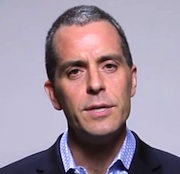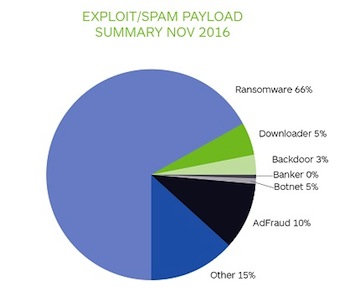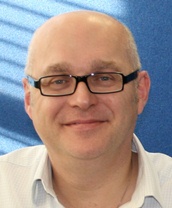 ShoreTel's global expansion campaign is accelerating with the UK launch of ShoreTel Connect CLOUD and ShoreTel Connect Contact Center for CLOUD solutions. The UK data centre is production ready and the launch follows the introduction of cloud-based solutions as a partner managed service in the UK in 2015.
ShoreTel's global expansion campaign is accelerating with the UK launch of ShoreTel Connect CLOUD and ShoreTel Connect Contact Center for CLOUD solutions. The UK data centre is production ready and the launch follows the introduction of cloud-based solutions as a partner managed service in the UK in 2015.
The move also signifies a big step forward in the vendor's transition from a maker of products to a globally focused software and services business.
ShoreTel Connect CLOUD has been available to US customers for 15 months and, according to Don Joos (pictured), president and CEO, the time is right to expand into more theatres.
"This geographical expansion better positions us to serve the needs of global customers of all types and sizes, while helping to drive cloud growth in EMEA," said Joos. "Our channel is ready and excited to offer Connect CLOUD to their customers."
ShoreTel can now provide UC ready-made 'as-a-service' with 'clear and simple' customer pricing, enabling a wider range of businesses of all sizes to benefit from voice, video, mobile, conferencing, messaging and contact centre communication services.
These new UC cloud services are sold through ShoreTel cloud partners who can also offer their customers a range of professional services for more complex environments.
Adrian Hipkiss, EMEA VP and MD of ShoreTel, added: "Our aim is to make cloud-based unified communications simple for customers with a no risk pathway to cloud-based purely on their requirements and needs.
"This may include some elements that are not yet suited to a cloud-only approach. ShoreTel remains committed to providing choice and flexibility, so ShoreTel Connect CLOUD and ShoreTel Connect Contact Center for CLOUD are welcome additions to support a wider range of customer communication requirements.
"The ShoreTel Connect client app makes collaboration simple and consistent across various deployment types. With one click, users can easily escalate a conversation from an IM to a call, to an online meeting, and then to a web desk-top share and video.
"Browser-based, the app allows seamless collaboration among internal teams, while also enabling external users to engage and collaborate in the same experience without the need for plug-ins, multiple application windows, passwords or complex set-up."

 ShoreTel's global expansion campaign is accelerating with the UK launch of ShoreTel Connect CLOUD and ShoreTel Connect Contact Center for CLOUD solutions. The UK data centre is production ready and the launch follows the introduction of cloud-based solutions as a partner managed service in the UK in 2015.
ShoreTel's global expansion campaign is accelerating with the UK launch of ShoreTel Connect CLOUD and ShoreTel Connect Contact Center for CLOUD solutions. The UK data centre is production ready and the launch follows the introduction of cloud-based solutions as a partner managed service in the UK in 2015. Europe is the most malware-impacted continent says a new study into cybersecurity by Malwarebytes.
Europe is the most malware-impacted continent says a new study into cybersecurity by Malwarebytes. So the hiring year has started briskly. The first new vacancies started coming in just before Christmas and then the real flood arrived during early January. The candidates are back too, as applications and CV registrations reach a peak and the first placements of 2017 have already happened, writes Clive Jefferys, Managing Director of recruiter JMA Network.
So the hiring year has started briskly. The first new vacancies started coming in just before Christmas and then the real flood arrived during early January. The candidates are back too, as applications and CV registrations reach a peak and the first placements of 2017 have already happened, writes Clive Jefferys, Managing Director of recruiter JMA Network.